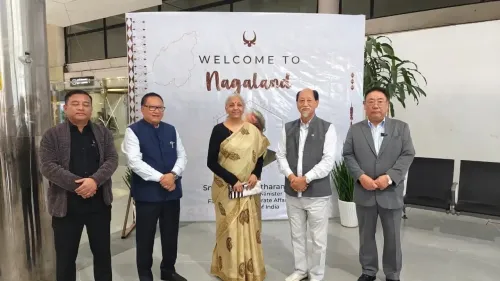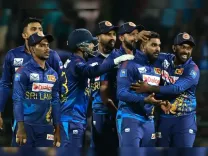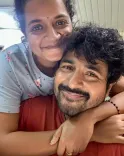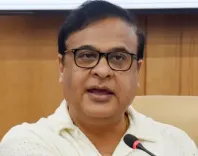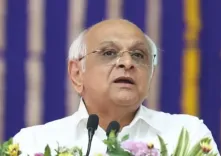Can Only Trial Witnesses Challenge the Acquittal in the Malegaon Blast?
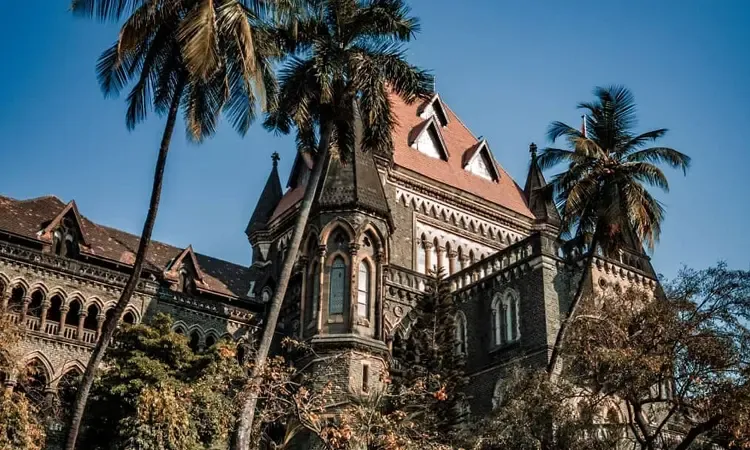
Synopsis
Key Takeaways
- The Bombay High Court is reviewing the acquittal of seven accused in the 2008 Malegaon blast case.
- The court questioned the absence of the victim's father as a trial witness.
- The appeal against acquittal emphasizes the ongoing quest for justice.
- Legal standing in high-profile cases is crucial for the appeal process.
- The NIA is considering its options regarding the acquittal verdict.
Mumbai, Sep 16 (NationPress) During a hearing concerning the appeal against the acquittal in the 2008 Malegaon blast case, the Bombay High Court expressed astonishment at the fact that a victim's father did not testify in the trial and indicated that an “open gate” for filing appeals is not accessible to everyone.
A bench led by Chief Justice Shree Chandrashekhar postponed the hearing to Wednesday, emphasizing the need for more details on which of the six appellants were witnesses during the trial.
“Provide us with specifics. This is not an open gate for everyone,” the court remarked to the appellants' lawyer.
In the proceedings, when CJ Chandrashekhar and Justice Gautam Ankhad inquired whether the appellants were witnesses in the trial, the lawyer confirmed that the first appellant, Nisar Ahmed Sayyed Bilal, whose son perished in the explosion, did not testify.
The court countered, stating, “The father should have been a witness if his son was killed.”
Previously, describing the acquittal in the 2008 Malegaon blast case as “incorrect and legally flawed”, six relatives of the victims filed an appeal aiming to overturn the Special NIA court's decision to release all seven accused, which includes former BJP MP Pragya Singh Thakur and Lt Col Prasad Purohit.
The appeal, brought forward by Nisar Ahmed Sayyed Bilal and five others through attorney Mateen Shaikh, seeks to void the July 31 ruling by Special NIA Judge A.K. Lahoti.
Earlier, the Special NIA court dismissed the investigators’ claims of “Saffron or Hindu terror”, granting the accused the benefit of the doubt and acquitting all seven.
Those exonerated by the trial court comprise Pragya Thakur, Lt. Col. Shrikant Purohit, Major (Retd) Ramesh Upadhyay, Ajay Rahirkar, Sudhakar Dwivedi, Sudhakar Chaturvedi, and Sameer Kulkarni.
The bombing resulted in six fatalities on September 29, 2008, and left 101 injured in Malegaon, a communally sensitive area in Maharashtra, when a motorcycle bomb exploded near a mosque during the holy month of Ramzan.
Shortly after her acquittal, Sadhvi Pragya Singh Thakur accused investigators of torturing her for refusing to disseminate false information during the inquiry.
She criticized the investigative process, alleging custodial torture, coercion, and politically motivated targeting by senior police officials.
The appeal against the acquittal in High Court arrives at a time when the NIA is reportedly reviewing the acquittal decision to determine the necessity or timing of an appeal against the verdict. Ordinarily, a decision on whether to file a review petition is made within 30 days, although the timeframe for submitting an appeal can extend to 90 days.




